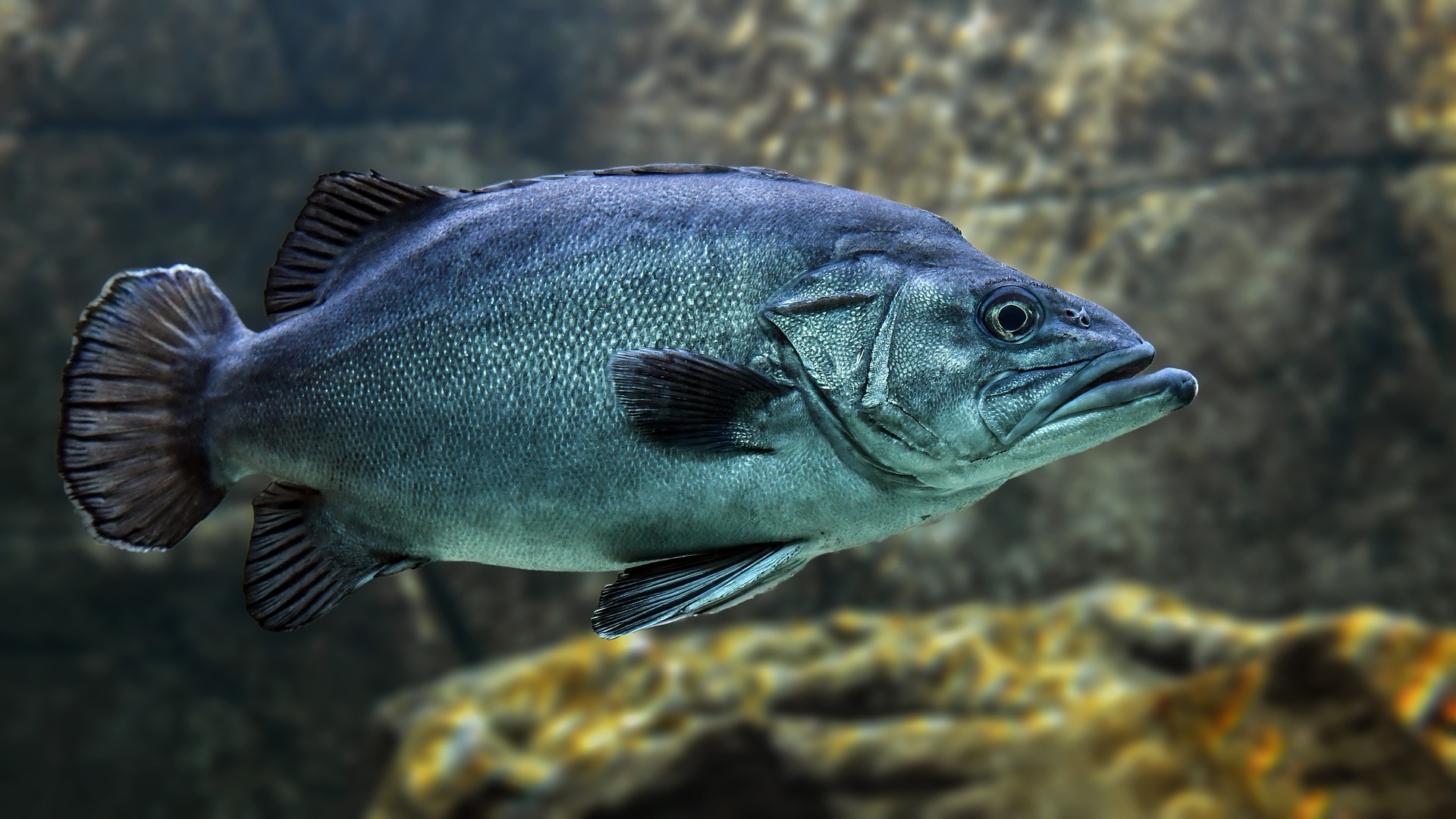Some people look forward to their annual fishing trips the entire year. Even if you go fishing regularly, you might spend the entire work week looking forward to those two glorious days you can spend on the water. While one of the best perks of a fishing trip is its minimalism—being able to enjoy the peaceful nature of the great outdoors—you also need to be adequately prepared if you’re going to enjoy yourself.
Fortunately, we’ve prepared the ultimate fishing trip checklist, so you can ensure you have everything you need before you take off.
The Ultimate Fishing Trip Checklist
Make sure you have these items, at a minimum:
- A way to carry everything. You won’t get far without some kind of cargo carrier or a vehicle that can handle all your equipment. It’s often good to start here so you know how much space you’re working with, and don’t run the risk of overpacking.
- Your fishing license. In most areas, you’ll need to have a fishing license before you can legally fish. Depending on where you live, you may be able to buy one online, or you may need to go to a physical establishment. Either way, a fishing license is inexpensive, will ensure your efforts are legally compliant, and will fund local conservation efforts to ensure the water and natural scenery remain accessible to people for decades to come.
- Your fishing poles. You’d be awfully embarrassed if you left these at home. Consider bringing along a spare in case something happens to your primary equipment.
- Tackle and bait. If you’re like most avid anglers, you already have a tackle box stocked and ready to go. However, you might want to take a few minutes and take inventory; are there any items you’re missing? Do you have what you need to attract the type of fish you’re after? Hooks, lines, sinkers, floaters, reels, lures, traps, nets, and spears are all under consideration here. While you’re at it, what kind of bait are you going to use? Do you need to pick up some live bait on the way out? And please tell me that you have at least one chatterbait?
- Maps and navigation equipment. Even if you like the idea of “getting lost” in the woods and don’t want any handholding while navigating through natural scenery, it’s a good idea to have some form of navigation equipment, in case of emergencies. Make sure you have a smartphone, fully charged (even if you leave it in the car), and consider bringing along a physical map of the region.
- Sun protection and first aid. It’s hard to deny the potentially life-saving benefits of sunscreen. Bring plenty of sunscreen to apply on a regular basis throughout the trip, even if the weather forecast is cloudy or if you’re not going in summer. While you’re at it, make sure you bring a first aid kit so you can take care of yourself in an emergency.
- A compass, knife, and other basic survival equipment. If you’re going to be in the middle of nowhere, especially if you’re going alone, it’s important to bring along some survival basics, like a knife, a compass, and something you can use to start a fire.
- Proper clothes (and a change). Dress appropriately for the weather and give yourself a wide margin of error. Bring along waders if you want or need them and consider bringing at least one extra change of clothes per day of your trip.
- Clean towels. Never underestimate the value of a clean, dry towel when you need it most.
- Ample drinking water. It’s easy to get dehydrated if you’re not paying attention to how much you’re drinking. In whatever vessels you prefer, bring along as much drinking water as you think you’ll need, then double that amount.
- Food (or at least emergency rations). Even if you’re relying on catching your own dinner or living off the land, make sure you bring along at least some food to use as emergency rations.
- Measuring tape. What good is a monster catch if you don’t have the specs to brag about how big it was?
Other Trip Elements to Consider
This list should ensure you have everything you need to enjoy a basic fishing trip, but if there are other elements of your trip, you may need to modify this list to suit your needs. For example, if you’re going camping as part of the trip, you’ll need to bring along a tent and equipment for sleeping. If you’re taking a road trip, you’ll want to bring along an emergency kit in case your car breaks down.
In any case, taking a few extra minutes before you take off can help you ensure you have everything you need to enjoy yourself properly.
Add The Sports Daily to your Google News Feed!







